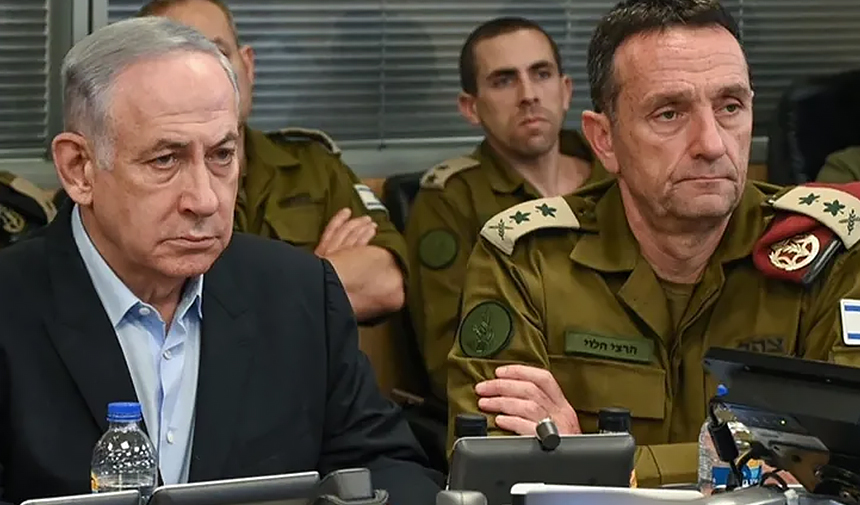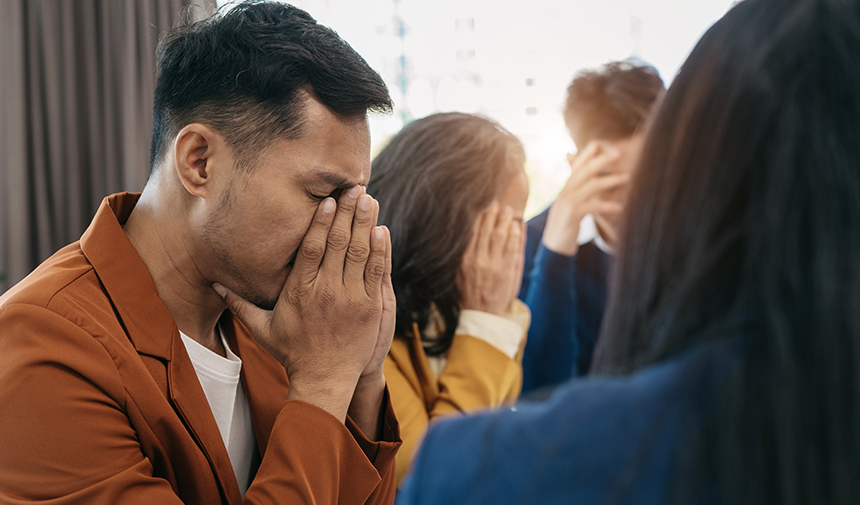Israel’s air, land and sea attacks on the Gaza Strip have been going on for 460 days without slowing down. In this process in which civilians have paid a heavy price, the latest statements of the Israeli Chief of Staff Herzi Halevi revealed the deepening crisis in the region. Halevi said that if Israelis held captive by Hamas are not released, more Palestinians will be arrested and killed.
This statement showed once again that Israel’s military repression will continue and that the future of the Palestinian people is under threat. While the international community considers these statements as a violation of human rights, the humanitarian crisis in the region is deepening day by day.
Attacks and Civilian Casualties Increase
The Israeli army continues to bombard civilian populated areas during its operations in the Jibaliya area in northern Gaza. These attacks also target vital points such as hospitals, schools and infrastructure, making the living conditions of the people even more difficult.
According to Palestinian sources, 45,885 Palestinians have lost their lives in the attacks since October 7. It is reported that 17,800 of the dead are children and 12,300 are women. In addition, 109,196 people were injured and thousands are estimated to be under the rubble.
Israeli Prisoners and Palestinian Prisoners
It is estimated that there are around 100 Israeli prisoners in the Gaza Strip, while there are more than 10,300 Palestinian prisoners in Israeli jails. Hamas announced that many prisoners were killed in the Israeli attacks.
Israel’s Chief of Staff Herzi Halevi emphasized that they would not suspend operations to secure the release of Israeli prisoners. However, this threatening approach raises concerns about further harm to civilians in the region.
Human Rights Violations Deepen
The health system in Gaza has reportedly collapsed, with water, electricity and food supplies running out. The bombing of educational institutions and hospitals seriously threatens the right to life of civilians. While international legal organizations consider these attacks as war crimes, Israel’s policies are subjected to intense criticism.
The United Nations and many international organizations are calling for the opening of humanitarian corridors and a ceasefire. However, tensions between the parties undermine hopes for a solution to the crisis.
Peace Calls Fall Short
It calls on the international community to take a stronger stance against human rights violations in the region. In particular, they emphasize the need to ensure the security of the Palestinian people and to resolve the prisoner swap peacefully.
Nevertheless, the Israeli military’s determination to continue its operations complicates peace talks. Attacks and threats against civilians are exacerbating the humanitarian crisis in the region.
Concerns about the future grow
The conflicts in the region risk not only short-term casualties, but also increased inter-communal hostility in the long term. The international community needs to find a common solution and prioritize peace negotiations.



